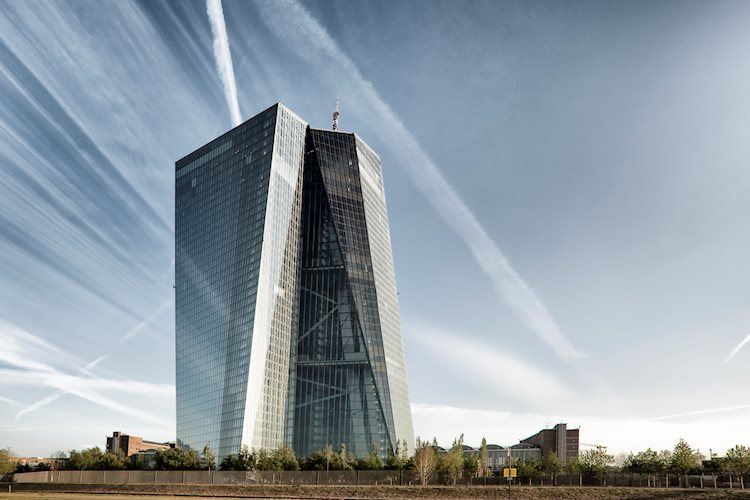However, after extensive research and planning, I determined that Austin was the greatest location for the next phase of my venture capital and venture philanthropy careers. With early but convincing signs that Austin is on its way to become the next great innovation city, I couldn’t be more delighted to help another section of the country realize its full potential. I feel there is a chance to get in on the ground floor and create something truly lasting. Other Bay Area acquaintances, like Palantir co-founder Joe Lonsdale, Dropbox CEO Drew Houston, and Tesla’s Elon Musk, have made similar moves, as have many other tech industry heavyweights, so it’s no wonder that a “Bay Area exodus” has become a widely documented trend. However, rather than emphasizing Austin’s advantages, many exodus storylines have concentrated on the Bay Area’s shortcomings. While detractors have valid arguments about rising living costs and government overreach, I believe Silicon Valley and Austin have bright futures ahead of them. The characteristics that have made Silicon Valley unique are not going away. Even while Austin provides a wonderful new frontier of potential, the Bay Area will continue to be a global powerhouse of innovation that draws bold entrepreneurs, benefits from world-class institutions, and fosters talent from leading tech corporations. Of course, new Austinites have a variety of motivations for relocating to the city. For example, my choice to open Breyer Capital Austin was based on Austin’s merits rather than any of the Bay Area’s problems. Continue reading For starters, Austin supports interdisciplinary collaboration more than any other city in the country. The city’s depth of expertise is unrivaled since it caters to a wide range of professionals, not just technologists. Artists, entrepreneurs, surgeons, and academics, all at the pinnacle of their professions, frequently opt to collaborate on projects. Austin’s varied entrepreneurs will usher in a new period of growth for the city, state, and country by breaking down silos and adopting fresh ways to company-building. I’m very excited to be investing in health-care AI startups and fin-tech startups with a consumer media backbone. The finest founding teams are diverse and adaptable, and Austin has every sort of entrepreneur that a successful business requires. Austin businesses will benefit from this type of transdisciplinary entrepreneurship. Timmermans and Bloomberg: Global coal subsidies must be phased down in order to save lives. Because of its relative affordability, outdoor culture, and professional growth possibilities, Austin has attracted and will continue to attract young, brilliant individuals. This huge knowledge base contributes to a tremendously robust innovation climate. With corporations like Tesla, Facebook, Apple, Google, Oracle, and others relocating or expanding in Austin, the entrepreneurial ecosystem will be bolstered as employees leave to start new businesses. Some of my most successful investments have been in entrepreneurs who obtained important experience working for a well-known company before launching their own. In five years, Austin will benefit from a slew of tech business alums ready to apply their knowledge to some of the world’s most serious issues. Austin is home to some of the best educational institutions in the country. The University of Texas in Austin has a history of attracting brilliant minds, such as my buddy Michael Dell, and I anticipate that university students, post-docs, and professors in IT and biosciences will create and join transformative enterprises in Austin. I’ve learned more about the interdisciplinary work at Dell Seton Medical Center, where advancements in computational biology are assisting doctors in better diagnosing and treating cancer, thanks to Michael and his wife Susan’s aid. In IT centres, strong academic institutions play a significant influence. These bright places in Austin, I believe, will contribute to the city’s prosperity and growth. Finally, Austin entrepreneurs are among the world’s most impact-driven. In order to “Keep Austin Weird,” the city encourages residents to think beyond the box. It fosters a pioneering culture in which founders take on large problems on their own; I’ve seen more impact investing pitches in Austin than in any other city. Austin’s entrepreneurs and investors recognize that we have a chance to make gender and racially diverse leaders part of the next generation of business success. Furthermore, the vast majority of people working at startups in this city are dedicated to making the world a better place. Austin businesses are eager to make a positive difference, whether it’s by creating and managing a B-Corp or tackling a problem like climate change. I believe Austin’s founders will provide irrefutable proof that businesses can make money for shareholders while also improving society. I’ve backed more than ten Austin-based firms since arriving in early 2020, and Breyer Capital Austin is just getting started. At the same time, I’m ecstatic to continue investing in game-changing Silicon Valley startups. Opportunity isn’t a zero-sum game, and I believe that in a decade’s time, both the Bay Area and Austin will be hitting home runs. Continue reading
Opinion: VC Jim Breyer: Silicon Valley still has a bright future. But Austin’s time is now
2021-06-28T13:15:11-04:00June 28th, 2021|




